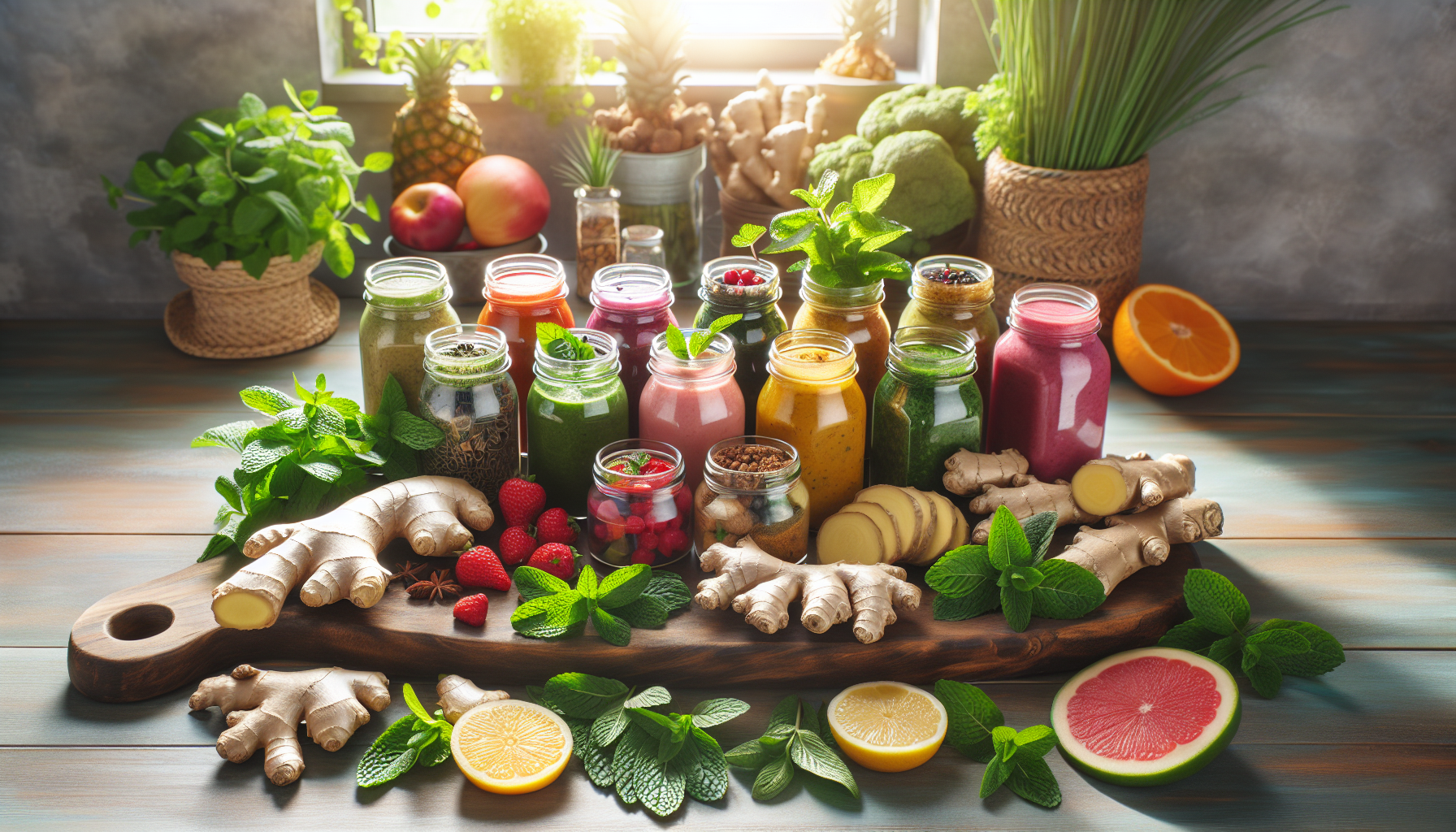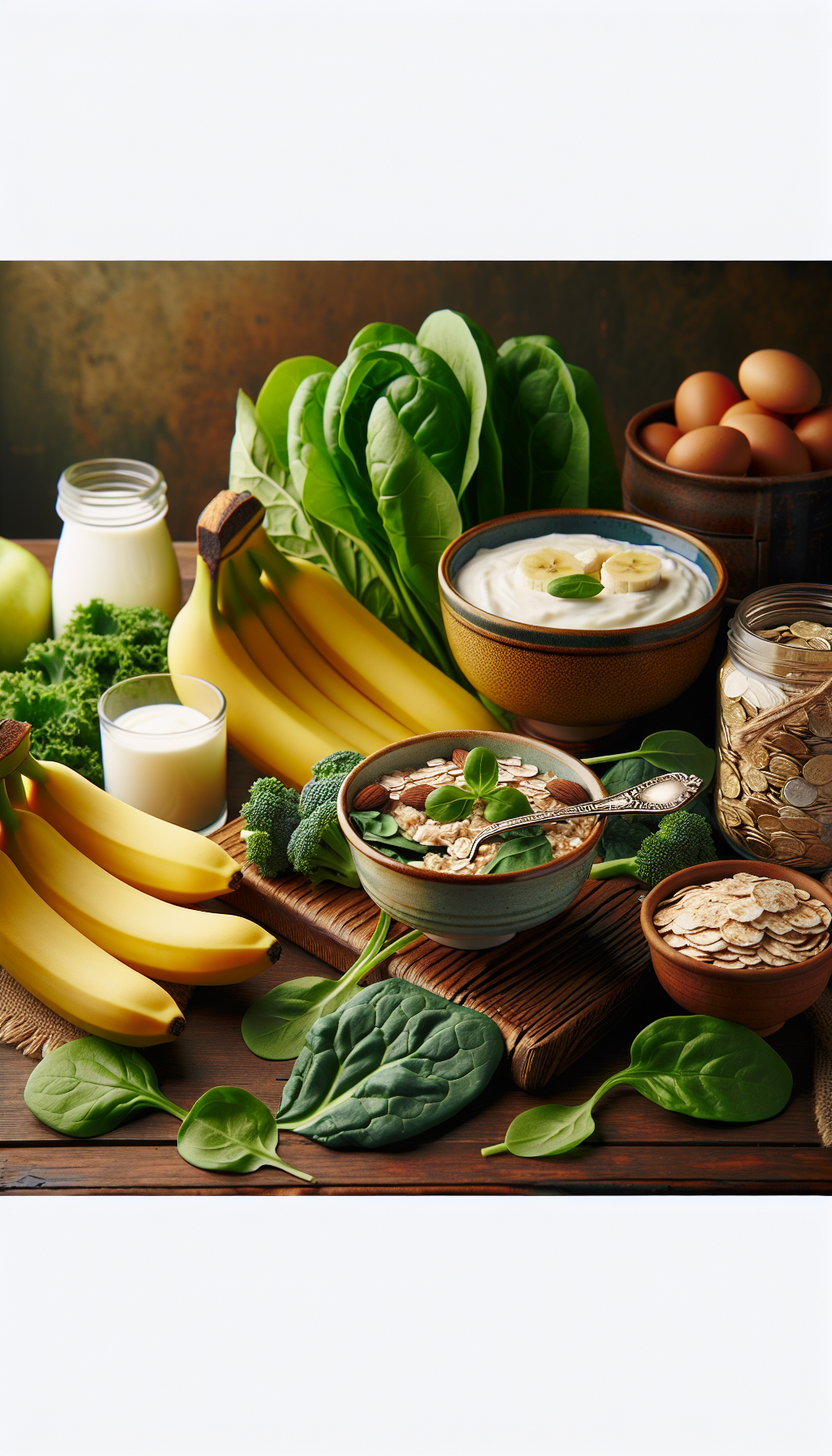Gastritis is a common condition characterized by inflammation of the stomach lining, which can lead to a variety of uncomfortable symptoms such as abdominal pain, bloating, and indigestion. The condition can be acute or chronic, and while medical treatment is often necessary, there are natural strategies that can help alleviate its symptoms. This comprehensive guide will offer insights into managing gastritis symptoms naturally, highlighting dietary adjustments, lifestyle changes, and natural remedies.
Understanding Gastritis and Its Symptoms
Gastritis occurs when the protective lining of the stomach becomes weakened or damaged, allowing digestive acids to irritate the stomach tissue. This can result from several factors, including Helicobacter pylori infection, long-term use of nonsteroidal anti-inflammatory drugs (NSAIDs), excessive alcohol consumption, stress, and certain autoimmune disorders.
Symptoms of gastritis can vary but often include:
- Upper abdominal pain or discomfort
- Nausea and vomiting
- Bloating and gas
- Loss of appetite
- Acid reflux or heartburn
- Hiccups
- Black, tarry stools (indicating bleeding in the stomach)
If you experience these symptoms, especially if they are severe or persistent, it is important to seek medical advice to rule out more serious conditions and to discuss an appropriate treatment plan.
Dietary Strategies for Gastritis Relief
Diet plays a pivotal role in managing gastritis. Certain foods can exacerbate symptoms, while others may provide relief and promote healing of the stomach lining.
Foods to Avoid
To reduce irritation to the stomach lining, it’s advisable to avoid:
- Spicy foods
- Acidic foods like tomatoes and citrus fruits
- Fatty or fried foods
- Caffeinated beverages
- Chocolate
- Alcohol
Beneficial Foods
Incorporating the following foods into your diet can help soothe and protect the stomach lining:
- Lean proteins, such as poultry, fish, and tofu
- Non-acidic fruits, such as bananas, melons, and apples
- Vegetables, particularly leafy greens, and bell peppers
- Whole grains like oatmeal, brown rice, and quinoa
- Probiotic-rich foods, such as yogurt and kefir
For more in-depth guidance on managing your diet for digestive health, consider reading about the connection between vitamin D and gut health and using probiotic foods to naturally improve gut health.
Natural Remedies and Supplements
Several natural remedies and supplements can aid in reducing gastritis symptoms:
Herbal Remedies
- Ginger: Known for its anti-inflammatory properties, ginger can help reduce stomach inflammation and alleviate nausea.
- Peppermint: This herb has a soothing effect on the stomach lining and can help reduce symptoms of indigestion and bloating.
- Chamomile: Chamomile tea can be calming for the digestive system, providing relief from gastritis discomfort.
Supplements
- Probiotics: These beneficial bacteria can help restore balance in the gut microbiome, which is crucial for a healthy digestive system. A study on the role of probiotics in gut health can be found here.
- Vitamin C: Some research suggests that vitamin C may inhibit the growth of H. pylori, the bacteria often associated with gastritis and ulcers.
- Deglycyrrhizinated licorice (DGL): DGL can help soothe the stomach’s mucous membranes and protect against irritants.
Always consult with a healthcare provider before starting any new supplement, especially if you are taking other medications.
Lifestyle Changes to Support Gastritis Management
Beyond diet and natural supplements, certain lifestyle changes can have a significant impact on managing gastritis symptoms:
- Stress Reduction: Chronic stress can worsen gastritis. Techniques such as meditation, yoga, and deep breathing exercises can help manage stress levels. Explore the impact of stress reduction on digestive efficiency for more insights.
- Quit Smoking: Smoking can irritate the stomach lining and exacerbate gastritis symptoms. Quitting smoking is essential for alleviating symptoms and promoting healing.
- Mindful Eating: Eating slowly, chewing food thoroughly, and avoiding eating right before bed can help minimize gastritis symptoms.
When to See a Doctor
While natural strategies can be effective for easing gastritis symptoms, it is crucial to consult with a healthcare professional if:
- Symptoms persist or worsen
- You vomit blood or have bloody stools
- You experience sudden, severe stomach pain
- You have difficulty swallowing
These could be signs of a more serious condition requiring medical attention.
Conclusion
Gastritis can be a distressing condition, but with the right approach, its symptoms can be managed naturally. A combination of dietary adjustments, natural remedies, and lifestyle changes can offer relief and improve your quality of life. It’s essential to listen to your body and work closely with healthcare professionals to tailor a plan that suits your specific needs.
For further reading on digestive health, consider exploring articles on strategies for preventing diverticulitis flare-ups and the role of fasting in gut health renewal.
Remember to maintain a holistic approach to health by also focusing on other aspects, such as digestive health, to ensure an overall well-being.
Incorporating these strategies can help you manage gastritis naturally and lead a more comfortable life. Stay informed, stay proactive, and prioritize your digestive health for a happier, healthier you.



